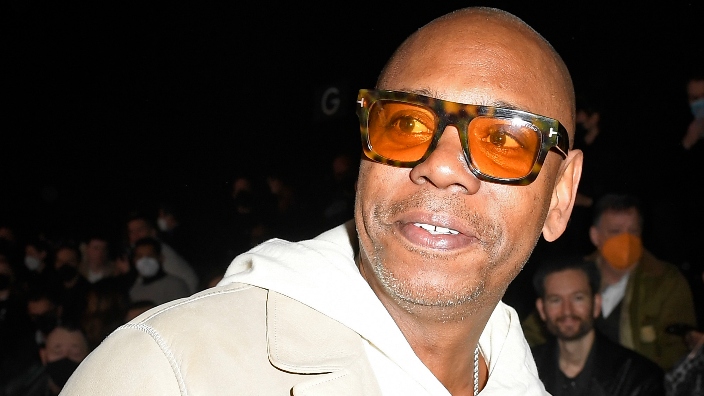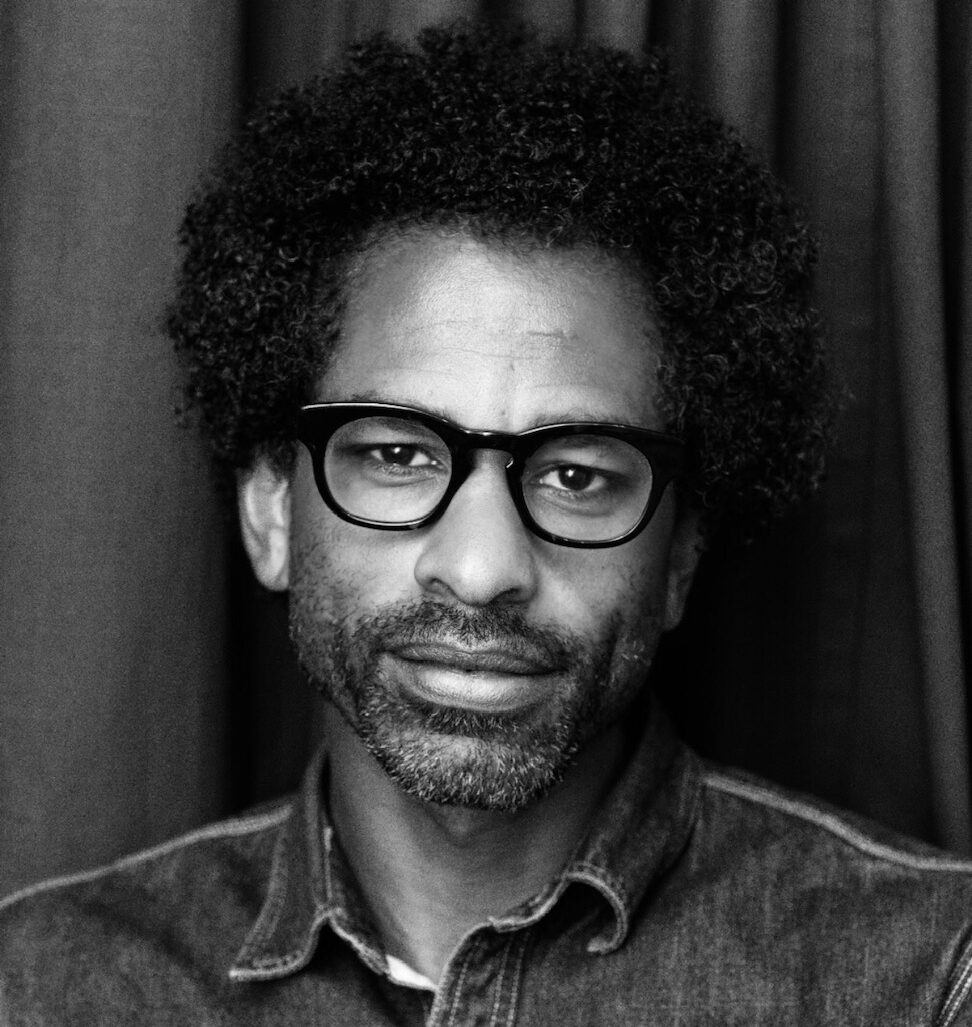Dave Chappelle has moved on from talking about trans people. Sort of.
OPINION: In Chappelle's latest comedy tour, "The Lunatic's Manifesto," he's flaunting his freedom to joke about anything — and anyone — yet again. The post Dave Chappelle has moved on from talking about trans people. Sort of. appeared first on TheGrio.

OPINION: In Chappelle’s latest comedy tour, “The Lunatic’s Manifesto,” he’s flaunting his freedom to joke about anything — and anyone — yet again.
Editor’s note: The following article is an op-ed, and the views expressed are the author’s own. Read more opinions on theGrio.
Dave Chappelle is back with another comedy special called “The Lunatic’s Manifesto.” It’s not ready for TV yet; he’s building toward that with shows around the world. I saw him at Madison Square Garden in New York on Tuesday, a show that happened two days before his 50th birthday. He called it a birthday show and got the crowd to sing happy birthday to him, but the main thrust of Chappelle turning 50 as far as comedy is concerned is that he repeatedly said that now he does not give a, uh, care. I’m not sure that Chappelle ever felt unable to say whatever he wanted — he’s all about saying things he’s not supposed to say. But “The Lunatic’s Manifesto” has him going a little deeper into the whole IDGAF vibe.
Chappelle’s last special, “The Closer,” inspired a lot of complaints, a lot of anger and some protests from the trans community. In “The Lunatic’s Manifesto,” he says, “Trans jokes are the old me. It wasn’t worth the trouble.” But, c’mon, we’re talking about Chappelle. He can’t leave the subject alone. Besides, Chappelle is the king of saying things he’s not supposed to say. He loves to say things he’s not supposed to say. He gives us a long story about meeting Jim Carrey, a comic he loves, on the set of “Man on the Moon,” where Carrey plays the legendary Andy Kaufman. Carrey stays in character throughout the whole shoot, and everyone on set calls Carrey “Andy,” which leaves Chappelle feeling like he didn’t get to meet the real Carrey. He met a version of Carrey. He’s disappointed. He tags the story saying, “That’s how I feel about trans people.” He can’t leave the subject alone.
The larger idea, I think, is that Chappelle will not move away from the concept of punching down. A lot of “The Lunatic’s Manifesto” consists of jokes about disabled people. That’s probably the last group of people that anyone should make fun of, and yet, Chappelle was up there doing a recurring character with a twisted hand who walks with a limp. This disabled character is supposedly at the Chappelle show and responding to it. He gets offended when Chappelle makes fun of disabled people and begins to leave, but he turns around when Chappelle switches to talking about trans people. When you put Chappelle’s jokes about disabled people in the context of Chappelle’s recent work, you know he’s not really talking about disabled people. He’s saying he’s willing to make jokes about anyone. There are no sacred cows. If you thought his trans jokes were too far, if you thought that was punching down, well, now he’s punching down on a community that’s even more inappropriate to joke about. And he acknowledges this by saying that he can get away with it because disabled people are not as politically powerful as trans people. I also think Chappelle loves that people get so triggered by his jokes about trans people that he only needs to say he’s going to talk about trans people to inspire a reaction.
If you thought chastising Chappelle about his trans jokes would work, it didn’t. He’s committed to punching down, and he’s good enough to make it funny. But what he’s really talking about is the freedom to say and do anything he wants. That freedom has been at the core of Chappelle’s work for years. He loves to remind us that he walked away from $50 million — the amount that Comedy Central was willing to pay him to continue doing “Chappelle’s Show.” He famously said no. That has become his most important story, the one that he seems to believe truly defines him because it proves how far he’ll go to secure his own freedom. It proves that he’s liberated enough to walk away from any bag. It shows us that he won’t be controlled by anyone. It’s become the story that defines the Chappelle legacy like Jordan knocking down game-winning shots defines that legacy. It’s at the core of who Chappelle is. He’s bad enough, crazy enough and free enough to walk away from tons of money. It means he’s not able to be bought by anyone at any price. If you think you can stop Chappelle by getting mad at him, you’re crazy. He fought to have the freedom he feels and nothing can stop him from saying whatever he wants about anyone.

Touré is a host and Creative Director at theGrio. He is the host of the docuseries podcast “Being Black: The ’80s” and the animated show Star Stories with Toure which you can find at TheGrio.com/starstories. He is also the host of the podcast “Toure Show” and the podcast docuseries “Who Was Prince?” He is the author of eight books including the Prince biography Nothing Compares 2 U and the ebook The Ivy League Counterfeiter.
TheGrio is FREE on your TV via Apple TV, Amazon Fire, Roku, and Android TV. Please download theGrio mobile apps today!
The post Dave Chappelle has moved on from talking about trans people. Sort of. appeared first on TheGrio.












